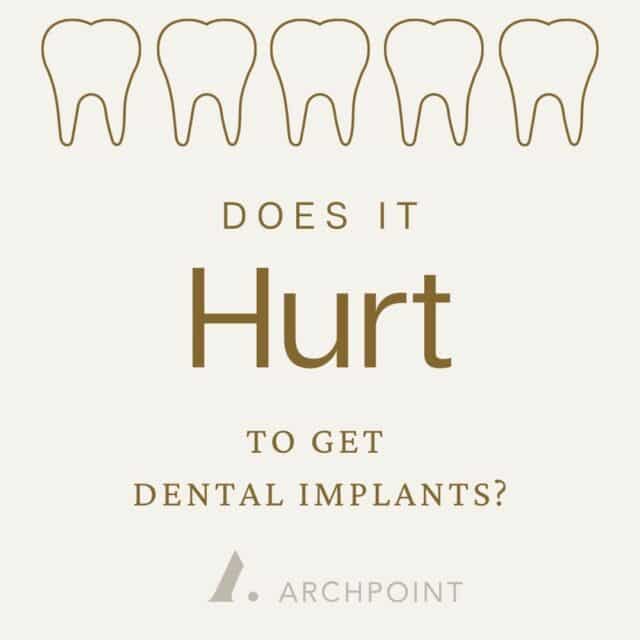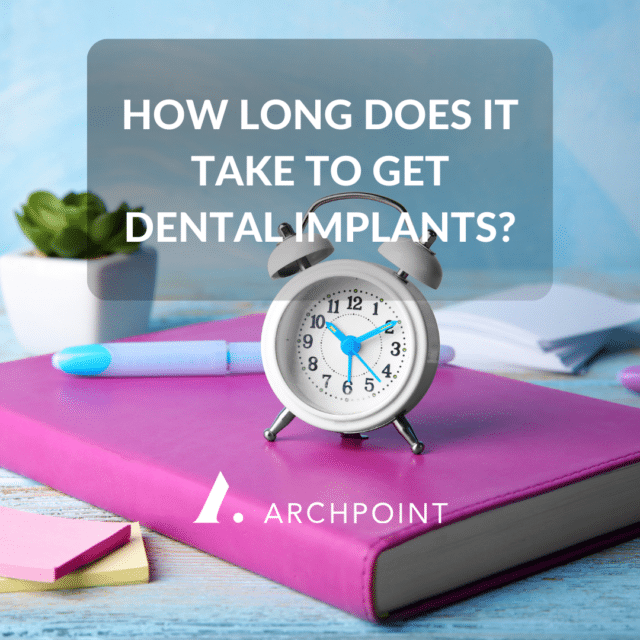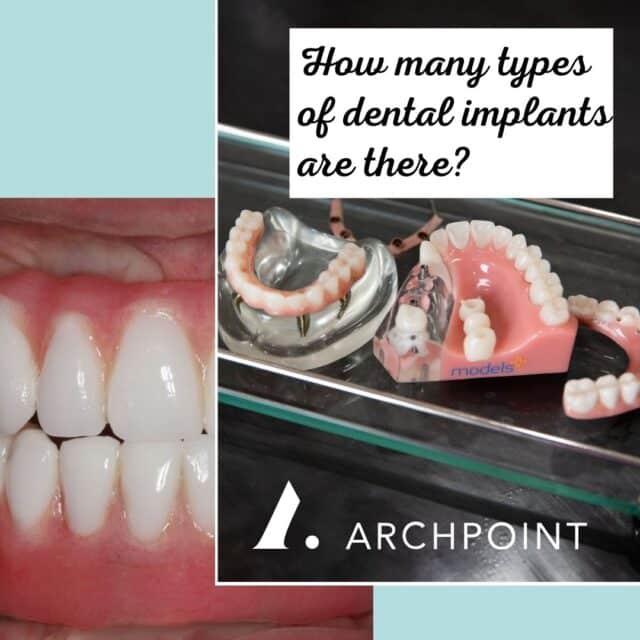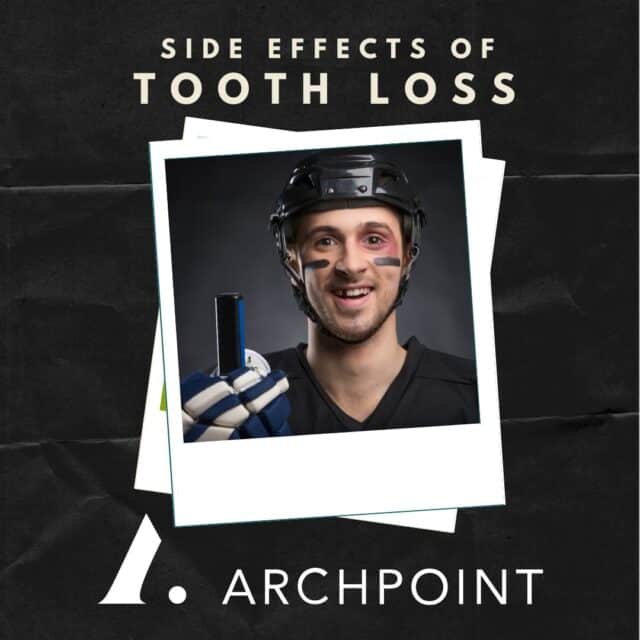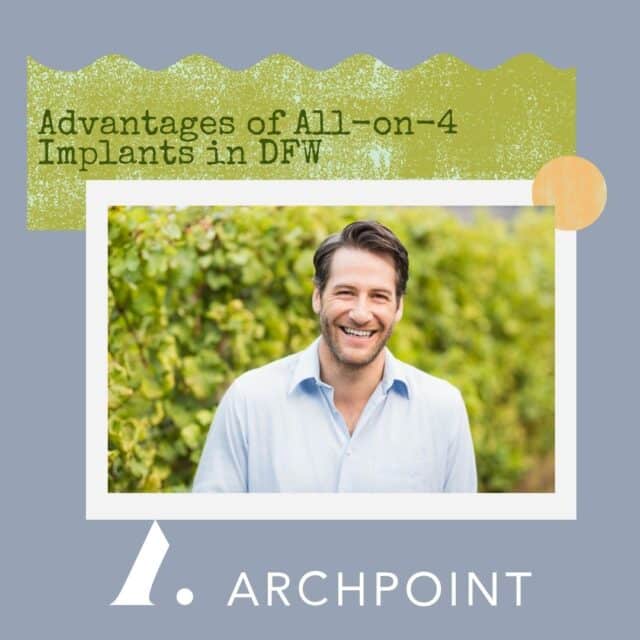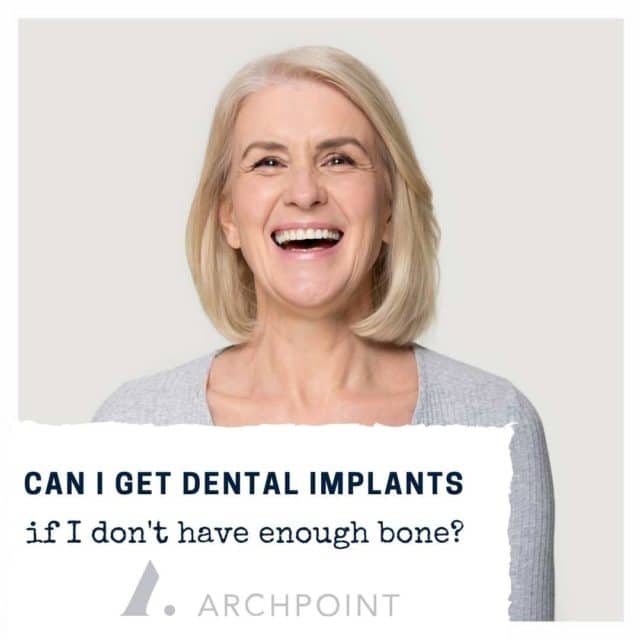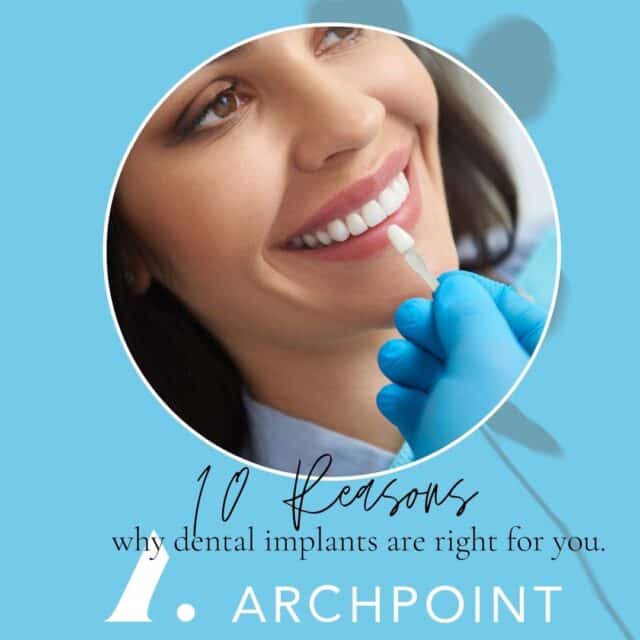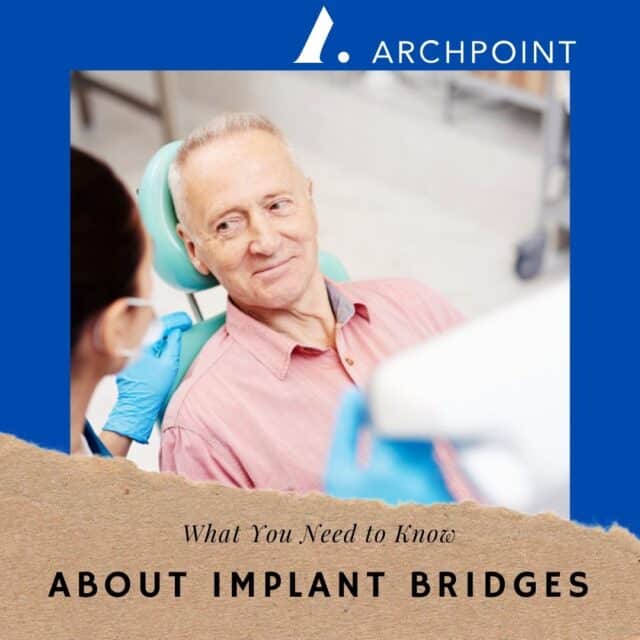If you have missing teeth, you probably want to know: does it hurt to get dental implants? Dental fear and anxiety affect an estimated 1 in 3 adults. Even if you love your dentist and dental phobia has never been a concern, you may still have questions about your comfort during various procedures, including dental implants.
Why Implant Treatment is Unique
Implants are placed into the bony socket of your jaw, just like natural tooth roots. What surprises most people is that while the gum tissues are quite delicate, bone is not. In fact, there are no nerve endings or pain receptors in the bone where your implants will set.
To ensure your comfort throughout the implant procedure, local anesthetic (numbing medication) will be used to numb the gums around the installation site. That way a small opening can be created at the top of the gums, without any irritation. The numbness wears off after a few hours, providing ample time for the implant to be installed in a pain-free manner. The same as you would if you were getting a dental filling.
What Most People Say
All dental implant patients have missing teeth. Either the teeth are already absent, or they need to be extracted by the dentist prior to the implant placement. In general, the majority of tooth extractions are quite simple and straightforward. People who have already been through a dental extraction usually tell us that “getting dental implants is easier than having a tooth pulled.”
Like extractions, the sensations felt during an implant placement are similar; all you should feel is a bit of pressure and nothing else. Again, your mouth is numbed in that general area. So while you won’t feel any type of discomfort, pain, or sensitivity, it’s still natural to feel some pressure.
But unlike having a tooth removed, the recovery for implant treatment is far easier than a dental extraction. Since it’s such a minimally invasive procedure, you won’t have to worry about things like sutures or dry sockets afterward.
Comparing Implants to Basic Dental Treatments
If you’ve ever had treatment like a dental crown, bridge, or even a gentle root canal, you’re more than prepared to have a dental implant! Each of these services is typically performed with the same numbing medication to ensure your comfort. The only difference is that some procedures take a little longer than others, depending on the complexity of the case.
Rest assured that you’re in great hands with our DFW implant specialists. We do everything possible to ensure that you’re as comfortable as possible whether you’re getting one dental implant or restoring your entire smile.
Choosing Sedation During Implant Placement
Some clients prefer to bypass dental sedation and “stay awake” throughout the entire appointment. Basic dental implant treatment can easily be completed with local numbing medication.
For cases involving multiple implant placements or adjunctive surgeries (sinus lifts, etc.) it’s usually best to request sedation. It’s not that it’s impossible to ensure your comfort, but choosing sedation makes longer visits seem much quicker, allowing for a smooth and carefree experience on your part.
When you choose dental sedation, your implant dentist still numbs the area around the installation site. Although you may feel like you’re sleeping or daydreaming through everything, you won’t have to worry about even a hint of discomfort during your visit. In fact, the majority of sedation medications also cause a mild case of amnesia. There’s a good chance you won’t remember much, if anything, about the actual appointment.
What About the Recovery? “Will I Need Pain Meds?”
Since dental implant treatment is minimally invasive, you won’t need much time off from work. Simple implant placement requires the rest of the day off because of numbing medication or sedation, but most people are back to their normal routine by the next day.
If you’re getting multiple implants, grafting, or some type of oral surgery, you may want a couple of days off before heading back to work.
Although we may give you a few restrictions — such as a soft diet or avoiding exercise for a few days — your recovery is a fairly comfortable process. Straightforward implant cases rarely require pain management with prescription medication. Most people address minor irritation with a warm saltwater rinse or an over-the-counter anti-inflammatory such as Motrin. Within a couple of days, practically all sensitivity or mild irritation should be gone.
You don’t have to take our word for it. Listening to the testimonials of other people who have been in your shoes can give you the peace of mind you deserve.
Working with a Gentle Implant Dentist
Ensuring a comfortable patient experience goes beyond that of just using the best numbing medications or offering sedation service. It also depends on a compassionate team of providers who truly value your needs and treat you like they would if they were in your shoes.
From discussing your past dental experiences to your goals for the future, open communication is integral in selecting the best, gentlest DFW implant dentist. At ARCHPOINT we value relationships as much as we do the quality of the dental care we provide. Bridging the two together allows for a truly exceptional process where our clients feel both physically comfortable and emotionally relaxed for something as complex as smile reconstruction.
Gentle Dental Implant Treatment | Fort Worth
ARCHPOINT Implant Dentistry makes it a goal to surpass the expectations and needs of our clients. Here you won’t just receive great care, you’ll be treated to an exceptionally life-changing experience.
To learn more about the dental implant process and find out what’s required for your own unique needs, reserve a consultation. Our dental specialists will discuss exactly what’s necessary for your situation and if there are any additional comfort needs to discuss. When there are, you can still enjoy a pleasant care experience with an add-on like dental sedation.
Contact our Fort Worth or Dallas implant specialty clinic today. Flexible payment plan options are available. We look forward to putting a smile back on your face!
